If you’re anything like me, poetry has always been that elusive, almost mystical form of art that captures emotions in a way no other medium can. Whether it’s a line that resonates deeply or a collection that changes your perspective, poetry has a unique power to transform. I’ve gathered the ten best poetry collections that I believe can truly change your world. Let’s dive in!
1. “The Sun and Her Flowers” by Rupi Kaur
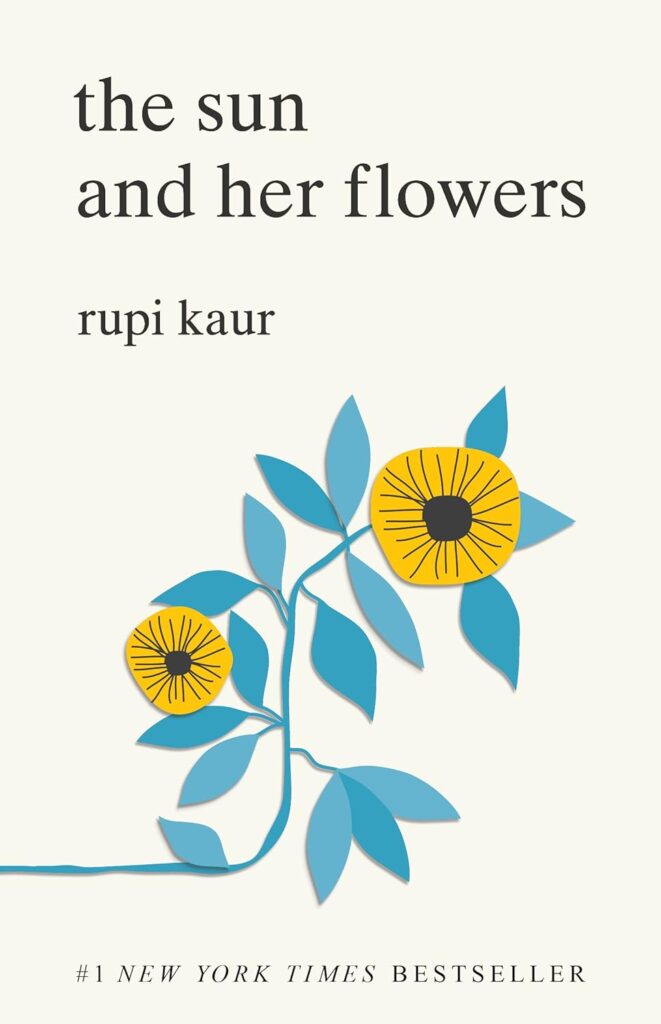
Why You’ll Love It
Rupi Kaur’s “The Sun and Her Flowers” is a journey through love, heartbreak, healing, and self-discovery. Kaur’s work is accessible yet profound, making it a favorite among both seasoned poetry readers and newcomers. Her poetry, paired with her own illustrations, speaks to the heart with simplicity and depth.
My Experience
I remember reading “The Sun and Her Flowers” during a particularly challenging time in my life. Kaur’s words felt like a warm embrace, reminding me of the beauty in growth and the strength in vulnerability. Her poems about immigration and family roots especially strike a chord with many people in this country.
2. “Milk and Honey” by Rupi Kaur
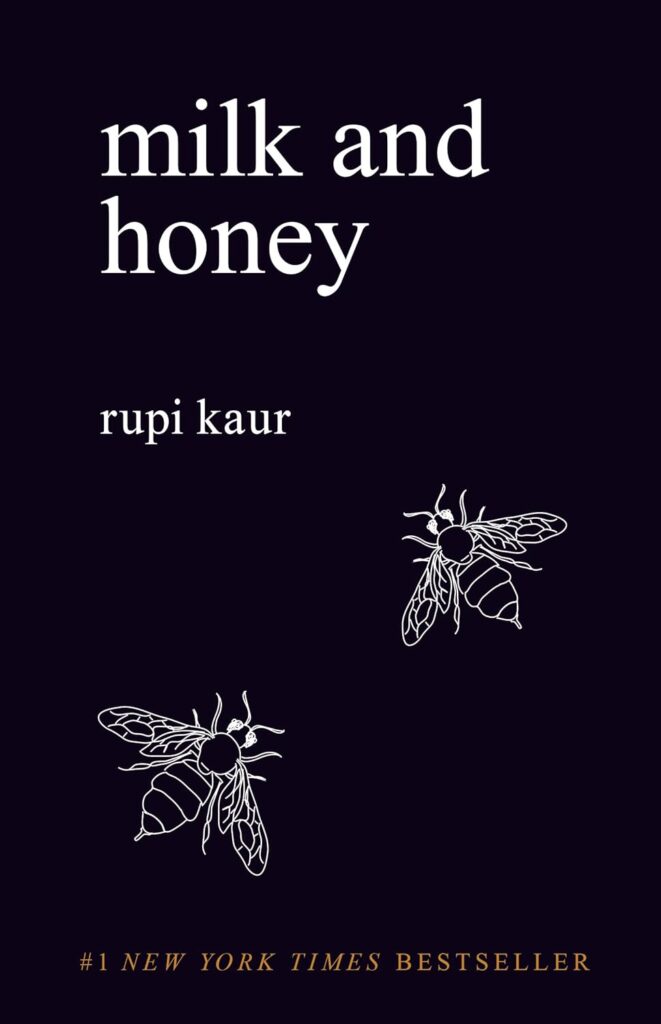
The Breakthrough Collection
Kaur’s debut collection, “Milk and Honey,” took the world by storm. It’s divided into four sections: the hurting, the loving, the breaking, and the healing. Each section deals with different aspects of life, and together they offer a holistic view of human experience.
Why It Matters
This collection’s raw honesty and minimalistic style make it incredibly powerful. Kaur tackles themes like trauma, femininity, and self-love with an authenticity that’s hard to find. Her ability to distill complex emotions into simple lines is what makes “Milk and Honey” so transformative.
3. “The Waste Land” by T.S. Eliot
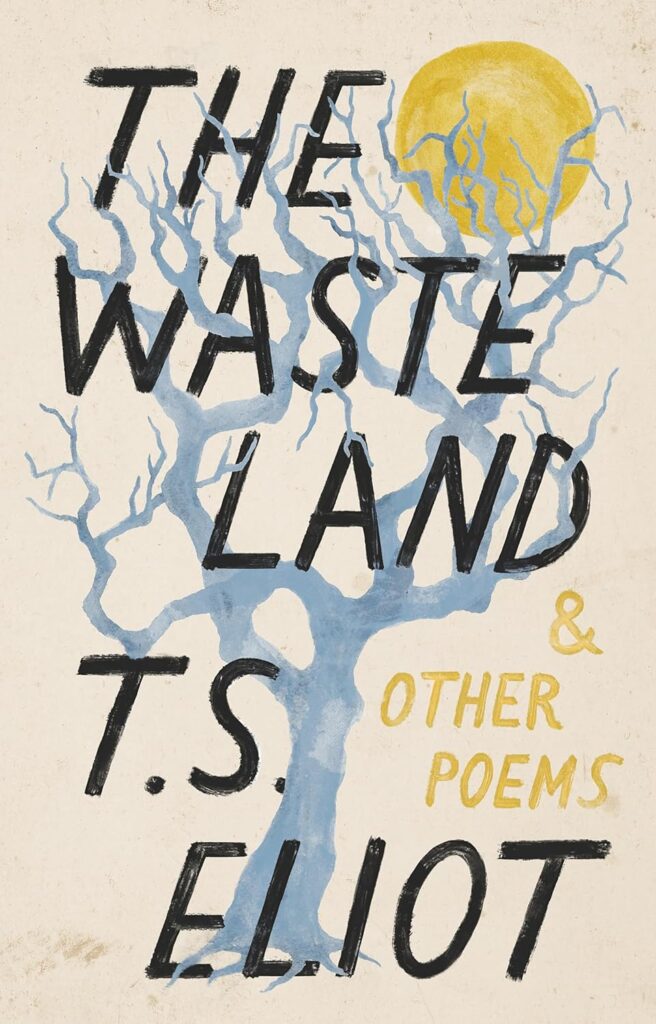
A Modernist Masterpiece
T.S. Eliot’s “The Waste Land” is often considered one of the most important poems of the 20th century. Its fragmented structure and rich symbolism capture the disillusionment of the post-World War I era, making it a challenging yet rewarding read.
Dive Into Complexity
I’ll admit, the first time I read “The Waste Land,” I was completely lost. But as I revisited it over the years, its complexity began to unfold, revealing new layers of meaning each time. This collection teaches you patience and the value of revisiting art with fresh eyes.
4. “Ariel” by Sylvia Plath
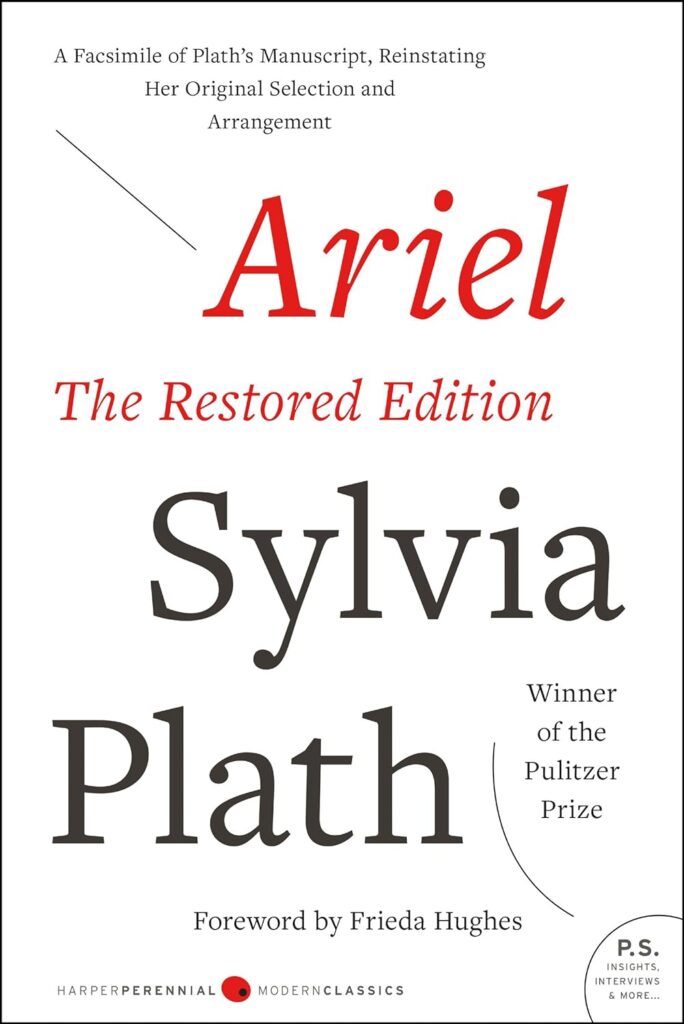
The Power of Confessional Poetry
Sylvia Plath’s “Ariel” is a raw, intense collection that dives deep into themes of identity, mental illness, and self-destruction. Plath’s vivid imagery and emotional depth make her work incredibly compelling.
Personal Connection
Reading “Ariel” for the first time was like looking into a mirror. Plath’s exploration of inner turmoil and the search for self resonated with my own struggles. Her fearless honesty is both unsettling and comforting, making “Ariel” a powerful companion for anyone navigating the complexities of their own mind.
5. “The Essential Rumi” by Jalal al-Din Rumi translated by Coleman Barks
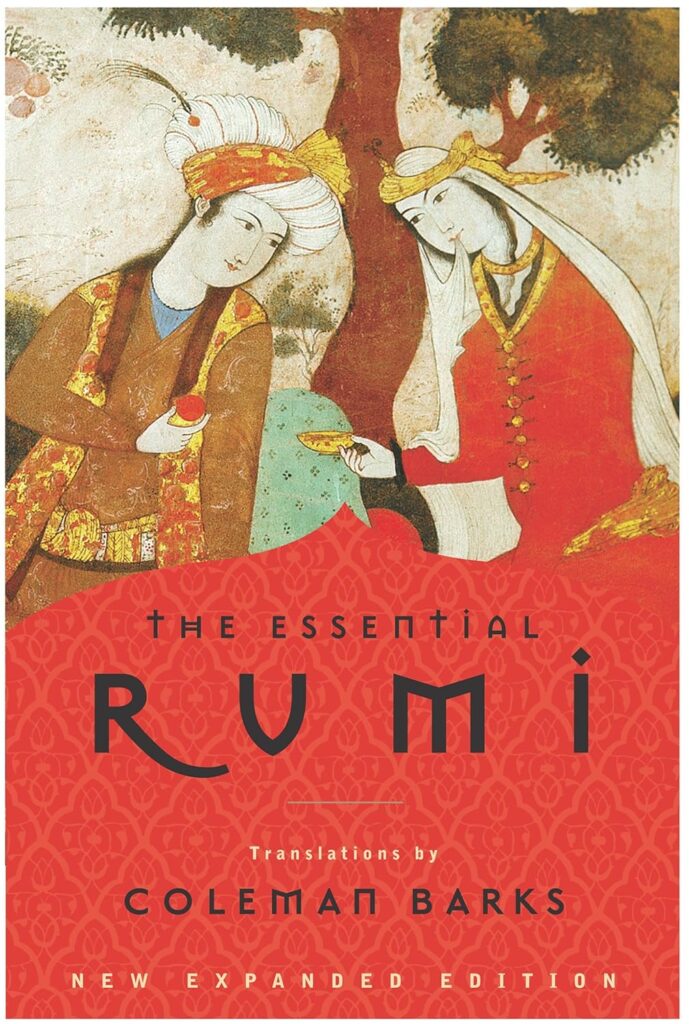
Timeless Wisdom
Rumi’s poetry, beautifully translated by Coleman Barks, is a celebration of love, spirituality, and the human connection to the divine. His work transcends cultural and temporal boundaries, speaking to the universal quest for meaning and fulfillment.
A Spiritual Journey
“The Essential Rumi” was my first foray into spiritual poetry, and it was transformative. Rumi’s words felt like a guide, helping me navigate my own spiritual journey with grace and curiosity. This collection is perfect for anyone seeking deeper understanding and connection.
6. “Leaves of Grass” by Walt Whitman
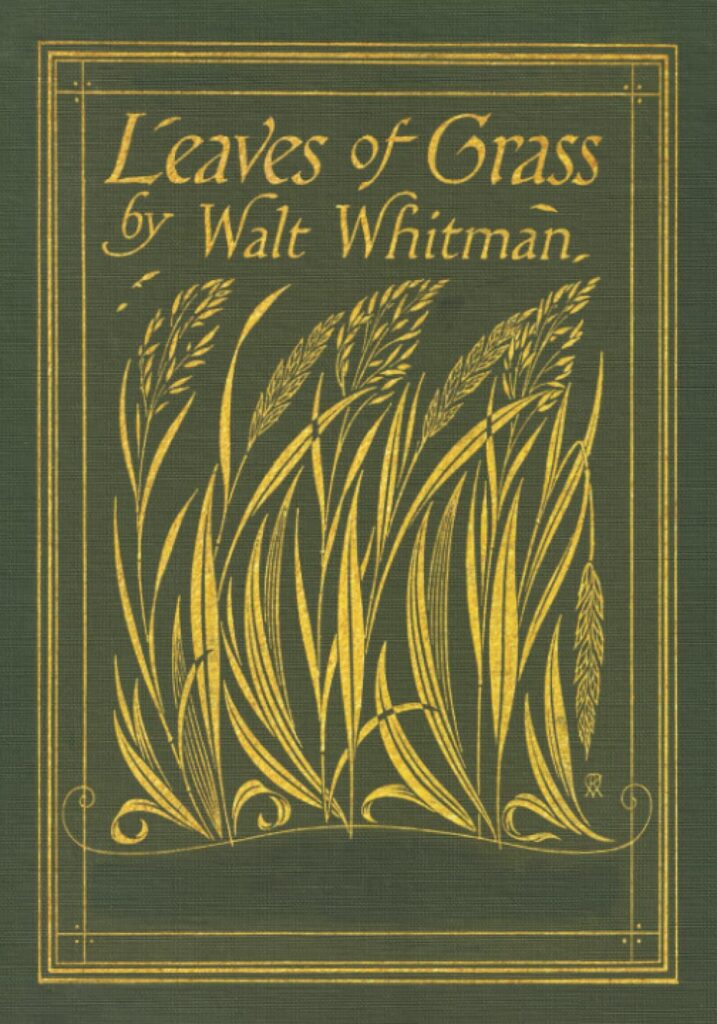
Celebrating Humanity
Walt Whitman’s “Leaves of Grass” is a revolutionary work that celebrates the human spirit, democracy, and nature. His free verse style and expansive vision make this collection a cornerstone of American poetry.
Embracing Whitman’s Vision
Whitman’s exuberance for life is infectious. Reading “Leaves of Grass” is like taking a walk through the American landscape, both physical and emotional. It’s a reminder of the beauty in diversity and the power of individualism, making it a timeless read.
7. “Selected Poems” by Pablo Neruda
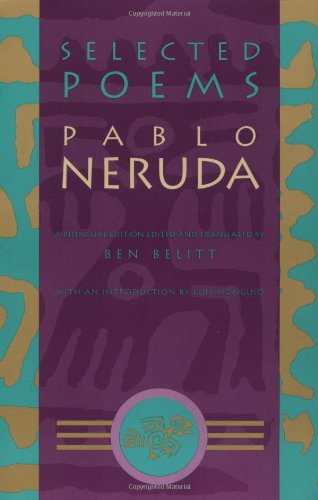
The Poet of the People
Pablo Neruda’s “Selected Poems” offers a glimpse into his vast and varied body of work. Known for his passionate love poems and politically charged verses, Neruda’s poetry captures the essence of the human experience in all its forms.
The Beauty of Language
Neruda’s ability to paint vivid images with words is unparalleled. His love poems, in particular, have a way of making you feel deeply seen and understood. Reading his work is like experiencing the full spectrum of human emotion in beautifully crafted language.
8. “The Collected Poems of W.B. Yeats”
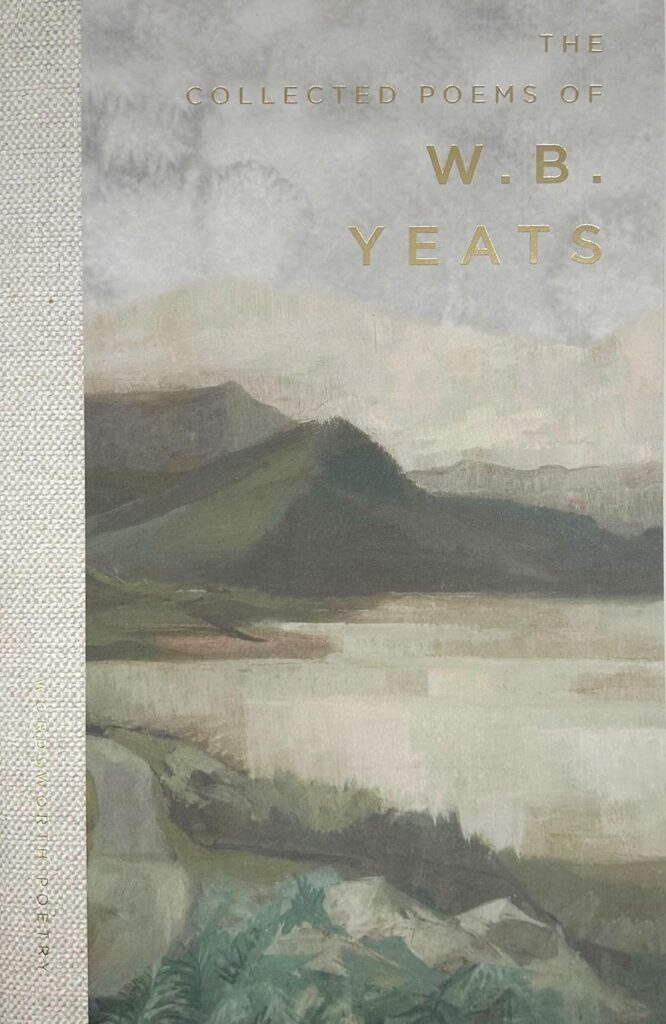
Mysticism and Symbolism
W.B. Yeats’ poetry is rich with mysticism, symbolism, and a deep connection to Irish culture. His work evolves from romanticism to modernism, reflecting his changing views on politics, spirituality, and art.
Discovering Yeats
I first encountered Yeats in a college literature class, and his work has stayed with me ever since. His exploration of the mystical and the mundane creates a unique tapestry of poetry that invites you to ponder life’s deeper questions.
9. “Citizen: An American Lyric” by Claudia Rankine
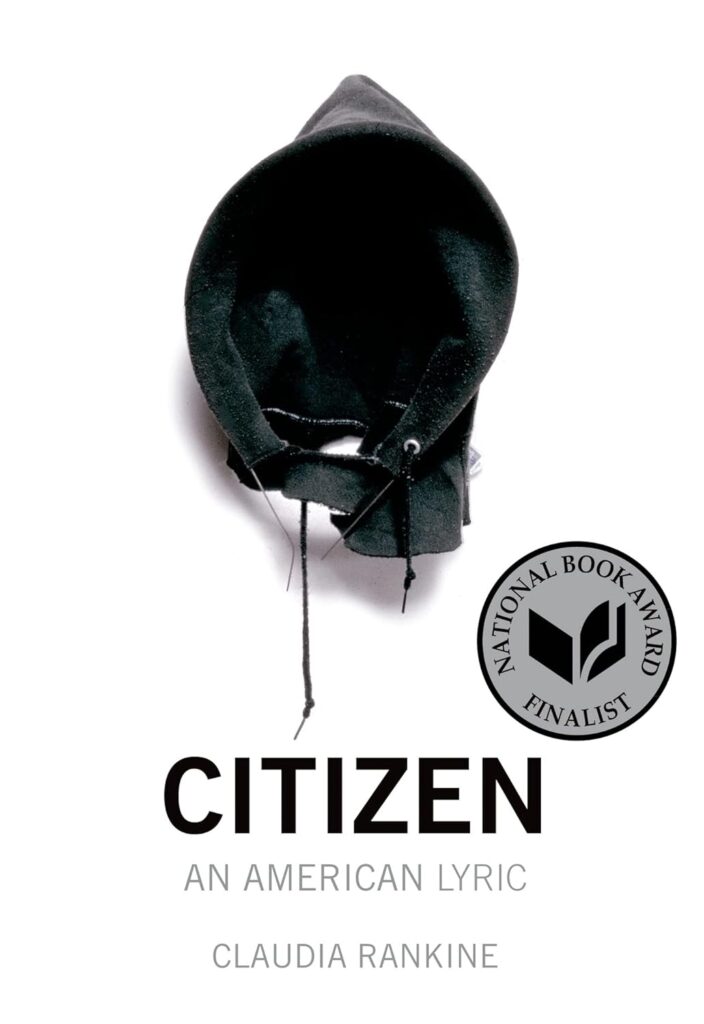
A Contemporary Classic
Claudia Rankine’s “Citizen: An American Lyric” blends poetry, essay, and visual art to address issues of race, identity, and social justice. It’s a powerful, thought-provoking work that challenges readers to confront uncomfortable truths about society.
A Necessary Read
“Citizen” is one of those books that stays with you long after you’ve finished it. Rankine’s incisive commentary on race and identity in America is both eye-opening and necessary. This collection is a must-read for anyone seeking to understand the complexities of contemporary social issues.
10. “The Colossus and Other Poems” by Sylvia Plath
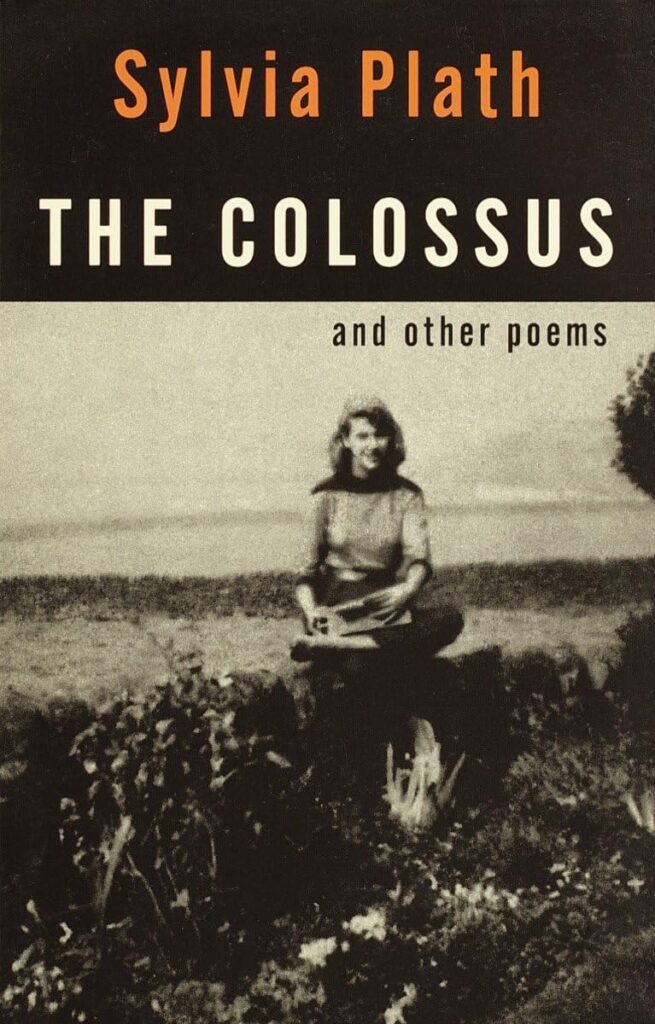
Plath’s First Collection
“The Colossus and Other Poems” is Sylvia Plath’s first collection, showcasing her developing voice and themes that would later be fully realized in “Ariel.” It’s an essential read for understanding Plath’s evolution as a poet.
The Early Genius
Reading “The Colossus” feels like witnessing the early stages of a genius at work. Plath’s exploration of themes like identity, mental health, and the natural world provides a foundation for her later, more intense work. This collection offers a fascinating glimpse into the mind of one of the 20th century’s most influential poets.
Conclusion
Poetry has the unique ability to transform, to speak to the soul in a way that nothing else can. These ten collections are just a starting point, each offering a different perspective and style. Whether you’re new to poetry or a seasoned reader, I encourage you to dive into these works and let them change the way you see the world. And remember, poetry is a personal journey—share your favorite collections and experiences with others. Who knows? You might just inspire someone else to find their next favorite poem.
